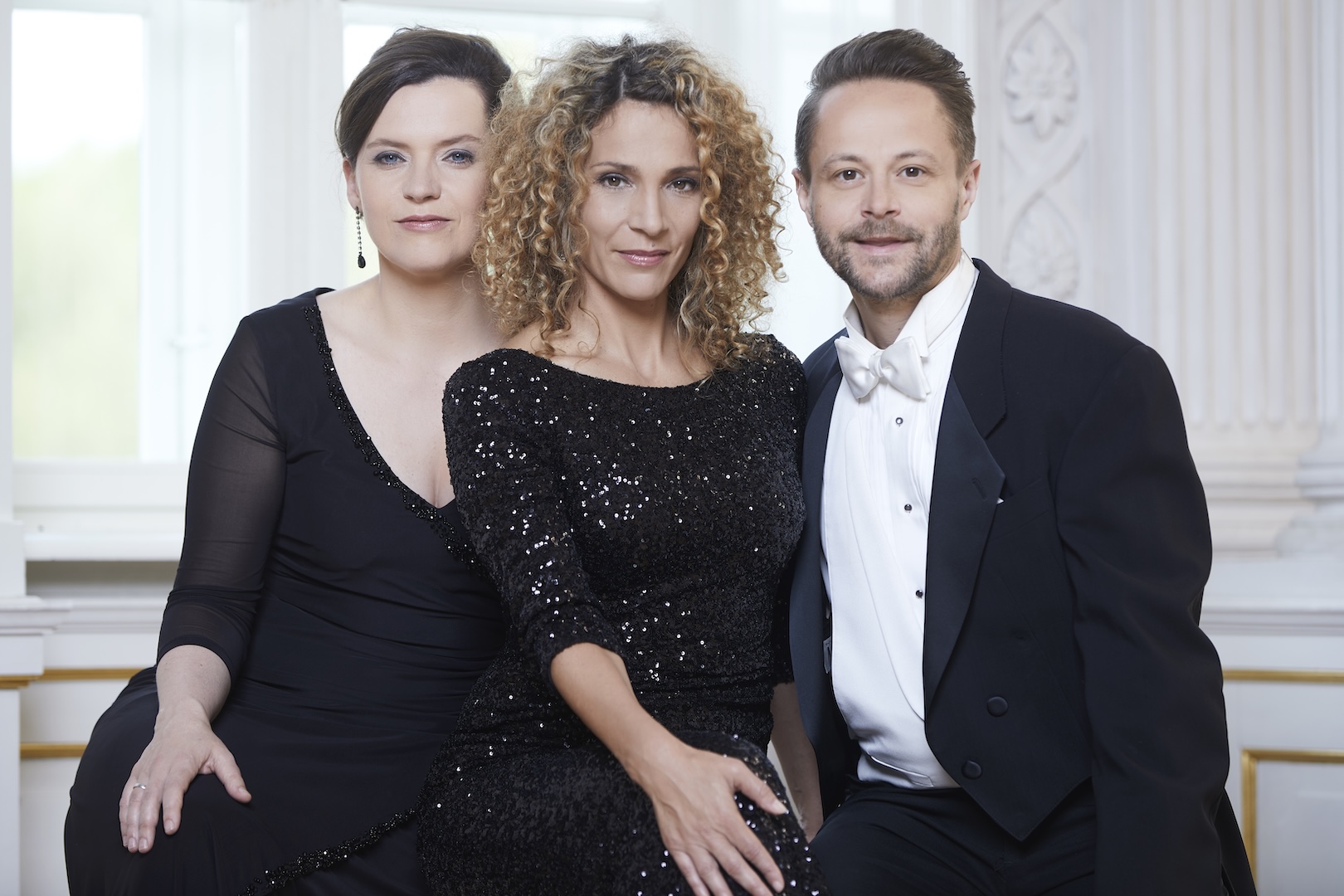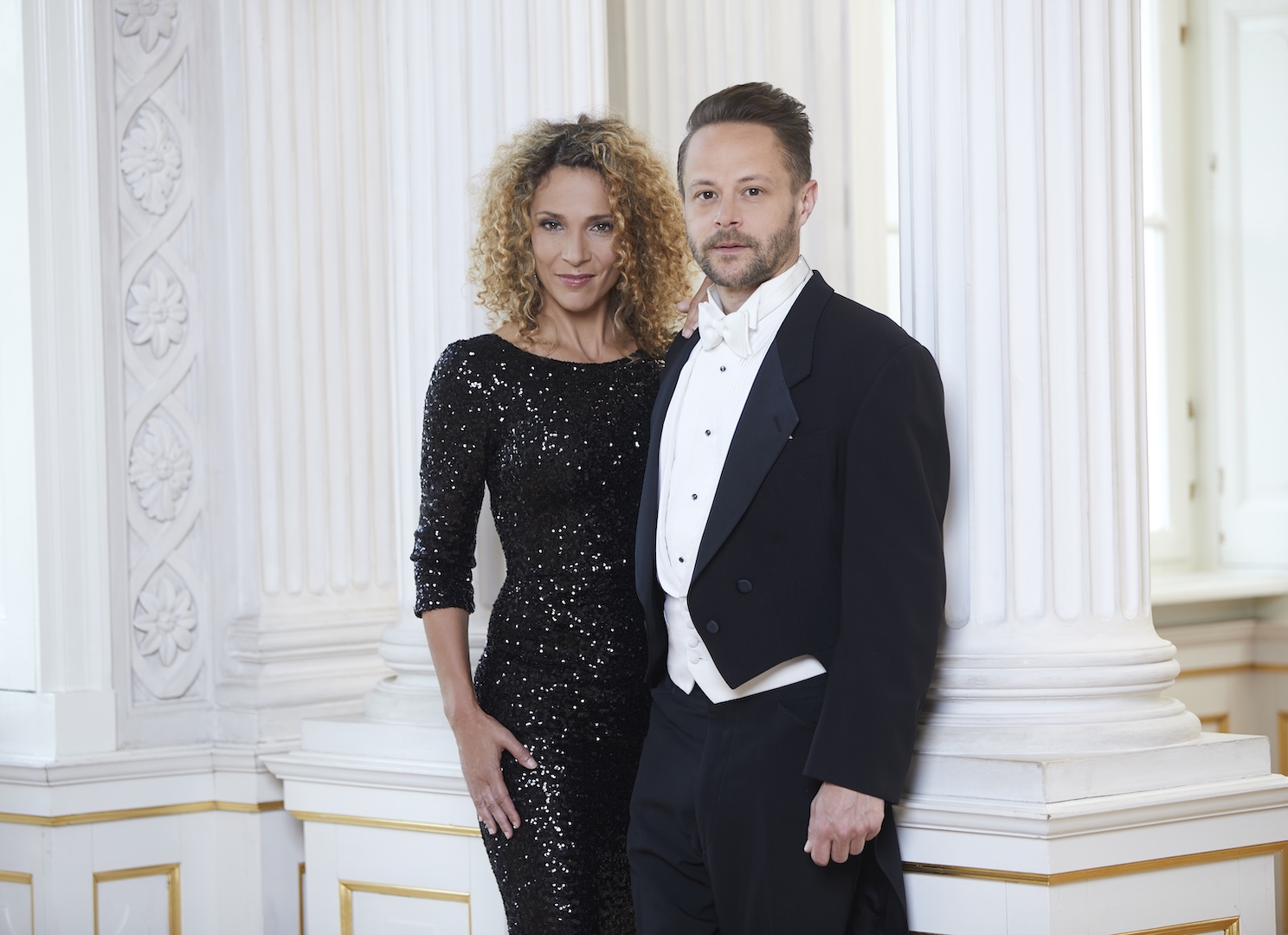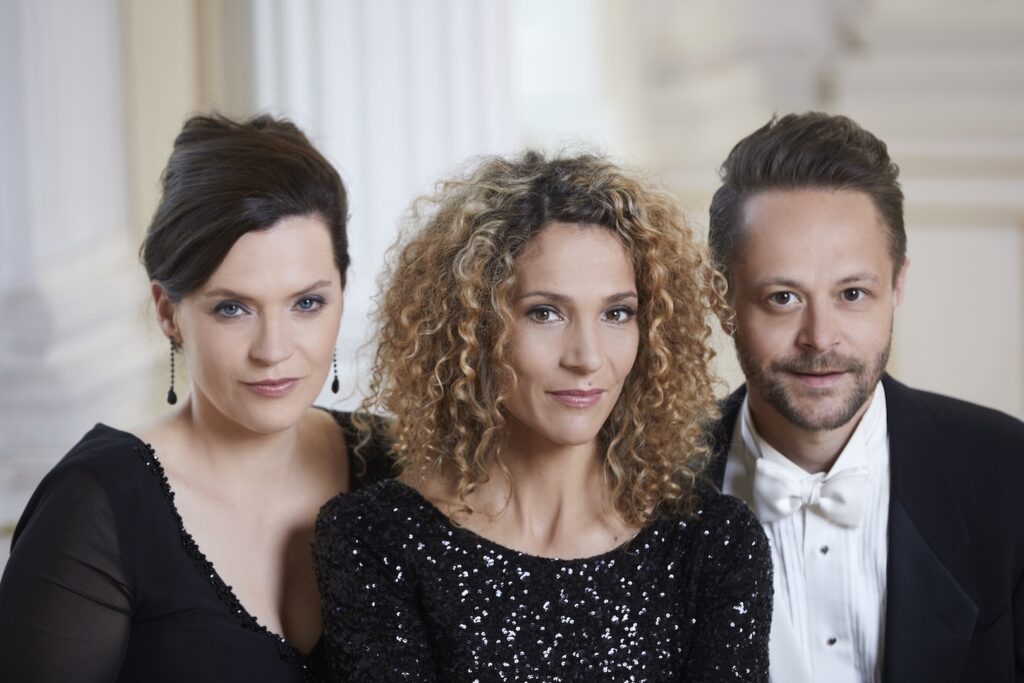
Die goldene Zeit der UFA
eine nostalgische und charmante Revue
Die Ufa-Film- und Musikindustrie und ihre schillernden Stars haben eine Epoche geprägt. Eine fröhliche und staatlich geförderte Kunst, die sich jedoch in einer dunklen Zeit entwickelt hat, so fein wie fies orchestriert von Joseph Goebbels, dem sogenannten Reichsminister für Volksaufklärung und Propaganda. Es war ihm bewusst, dass die Menschen von der täglichen Kriegshetze und Führer-Indoktrination Erholung brauchten, und dass unpolitische Unterhaltung dafür geeignet war.
Musik-, Operetten- und Revuefilme erlebten deshalb in den Dreißiger- und Vierzigerjahren einen ausgesprochenen Boom. Lilian Harvey und Willy Fritsch, Marika Rökk und Johannes Heesters, Hans Albers, Ilse Werner und Zarah Leander boten den Zuschauern Glanz und Glamour. Sie ließen sie ihre in Trümmer fallende Welt für wenige Stunden vergessen. Aber wie passt das zusammen? Kann echte Musik und Kunst unter Zensur entstehen?


Manche Künstler wie Zarah Leander wussten geschickt die Waage zu halten: Auf einer Party traf sie den Nazi-Propagandaboss Joseph Goebbels. Der fragte sie gefährlich ironisch: „Zarah … Ist das nicht ein jüdischer Name?“ „Oh, vielleicht“, sagte die Schauspielerin, „aber was ist mit Josef?“
„Hmmm … ja, ja, eine gute Antwort“, antwortete Goebbels. Auch ein Missbrauch, egal welcher Art, Motivation oder welchen Systems, vermag aber die Kunst weder ihres Charakters zu berauben noch ihren innersten Kern in seinem Sinne zu verderben. Und fest steht, dass die Filmmusik der UFA und ihre Lieder echte Kunst sind: Sie haben nichts von ihrem Glanz verloren und bleiben sehr beliebt.
Die Französin Marie Giroux und der Kanadier Joseph Schnurr bieten mit ihrer Begleiterin Jenny Schäuffelen eine charmante und nostalgische musikalische Revue der Ufa-Ära und zeichnen das Porträt einer zwiespältigen Epoche … Willkommen im Salon von Zarah Leander…
Marie Giroux, Mezzosopran & Querflöte
Joseph Schnurr, Tenor & Gitarre
Jenny Schäuffelen, Klavier & Akkordeon